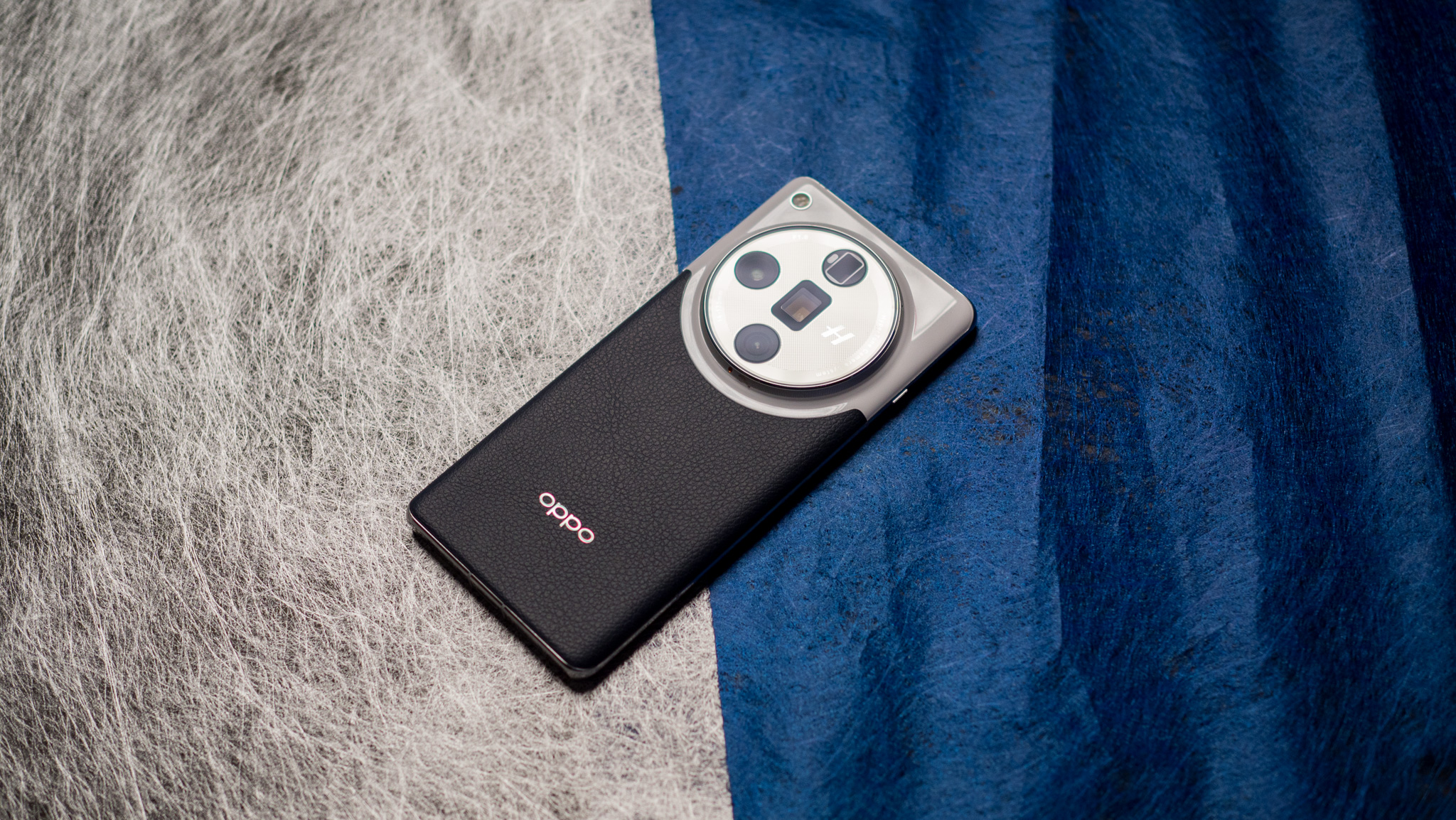
I didn't pay too much attention to the Find X7 Ultra when I got the device in mid-January. It wasn't launching outside China, so I focused instead on devices that would debut globally. Then I got caught up in the 2024 phone launch cycle, and the Find X7 Ultra sat in a drawer for the better part of a month.
I used the phone a little bit while testing the cameras on the Magic 6 Pro, but it was only after I started using the Xiaomi 14 Ultra that I started to understand its potential. I did a round of testing with the Xiaomi 14 Ultra and Find X7 Ultra, and had to do a double-take when I pulled up both sets of photos on my monitor; surely, there must have been an error with the labeling, because the Find X7 Ultra was better than the Xiaomi 14 Ultra in a lot of situations.
But there wasn't. The Find X7 Ultra somehow managed to take better photos, and portrait shots in particular were the best of any phone I used to date. So as soon as I was done testing the Xiaomi 14 Ultra, I switched over to the Find X7 Ultra. Yes, there were annoyances on the software side, as the Chinese ColorOS version is considerably different to the global build, but in the month and a half that I used the phone, it has been magnificent.
Shortly thereafter, I realized that I wasted a lot of time testing other phones when I should have been using the Find X7 Ultra instead. Welcome to the most underrated phone of 2024.
OPPO Find X7 Ultra: Pricing and release date
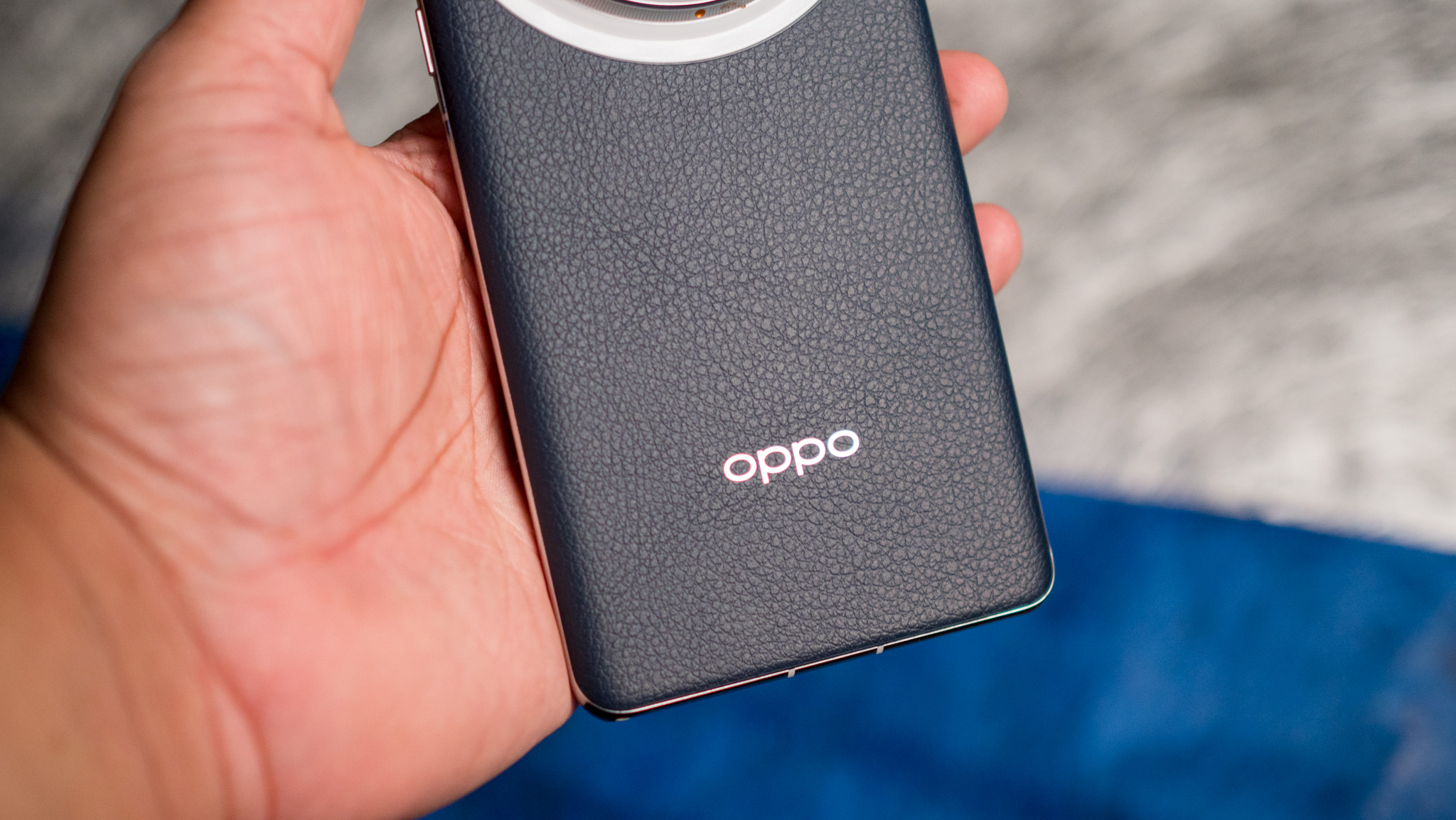
OPPO launched the Find X7 Ultra on January 8, and the phone is limited to the brand's home country, just like its predecessor. It is available in blue, black, and brown color variants, and all three models have a dual-tone design and leather backs. The base model has 12GB of RAM and 256GB of storage, and there's a 16GB/256GB model and a 16GB/512GB variant.
You can get the Find X7 Ultra by using Chinese resellers, but considering how different ColorOS is to the global version, I wouldn't suggest doing so with the device.
OPPO Find X7 Ultra: Design
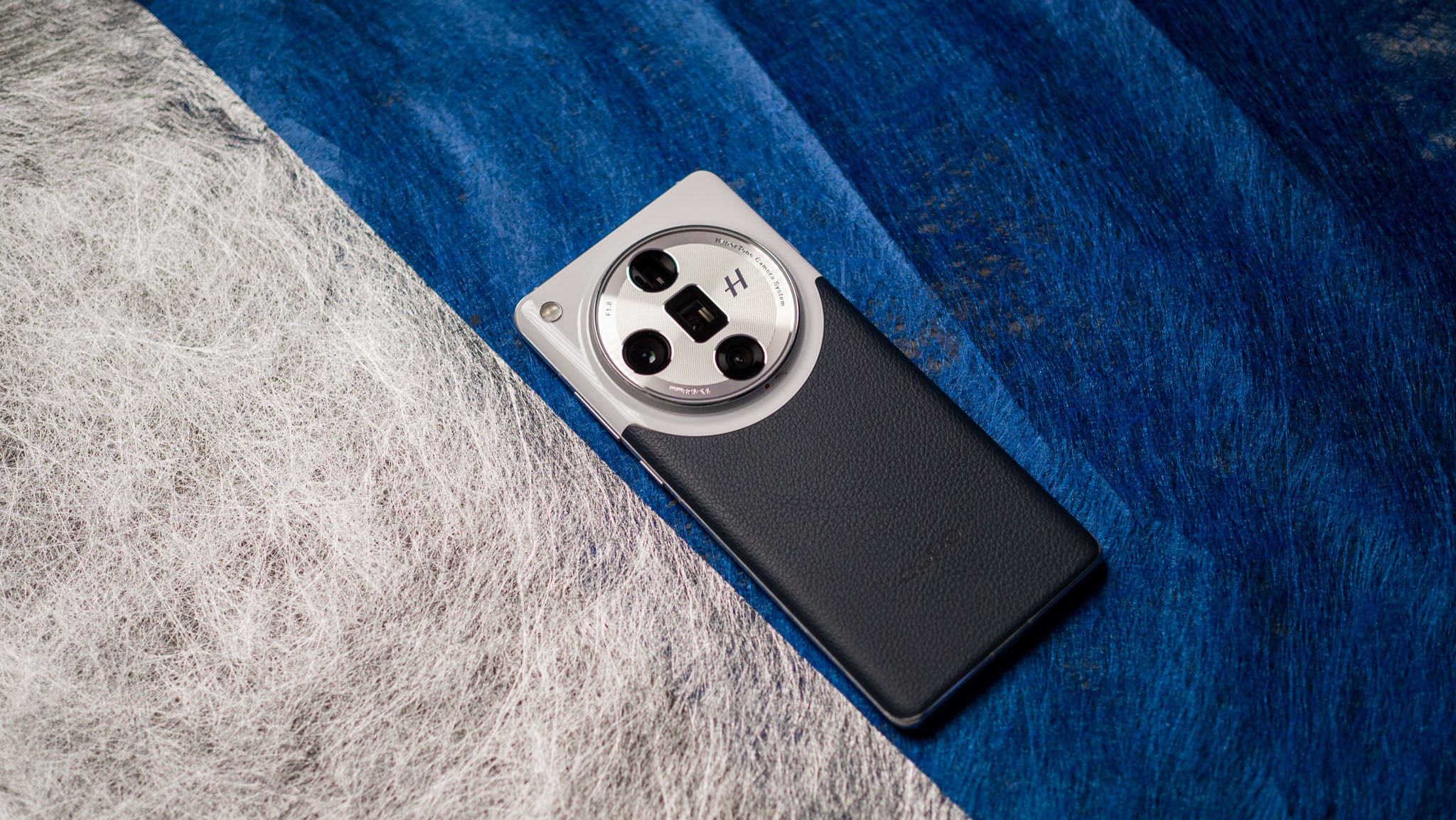
There's no contest — the Find X7 Ultra is the best-looking phone I used in 2024. OPPO didn't make too many changes to the design from the Find X6 Pro, but there are tons of smaller tweaks that make the Find X7 Ultra easier to hold and use, and much better to look at. The defining characteristic is the two-tone finish — my unit has a blue leather back, with a white frosted glass panel covering a third of the back, encircling the camera island.
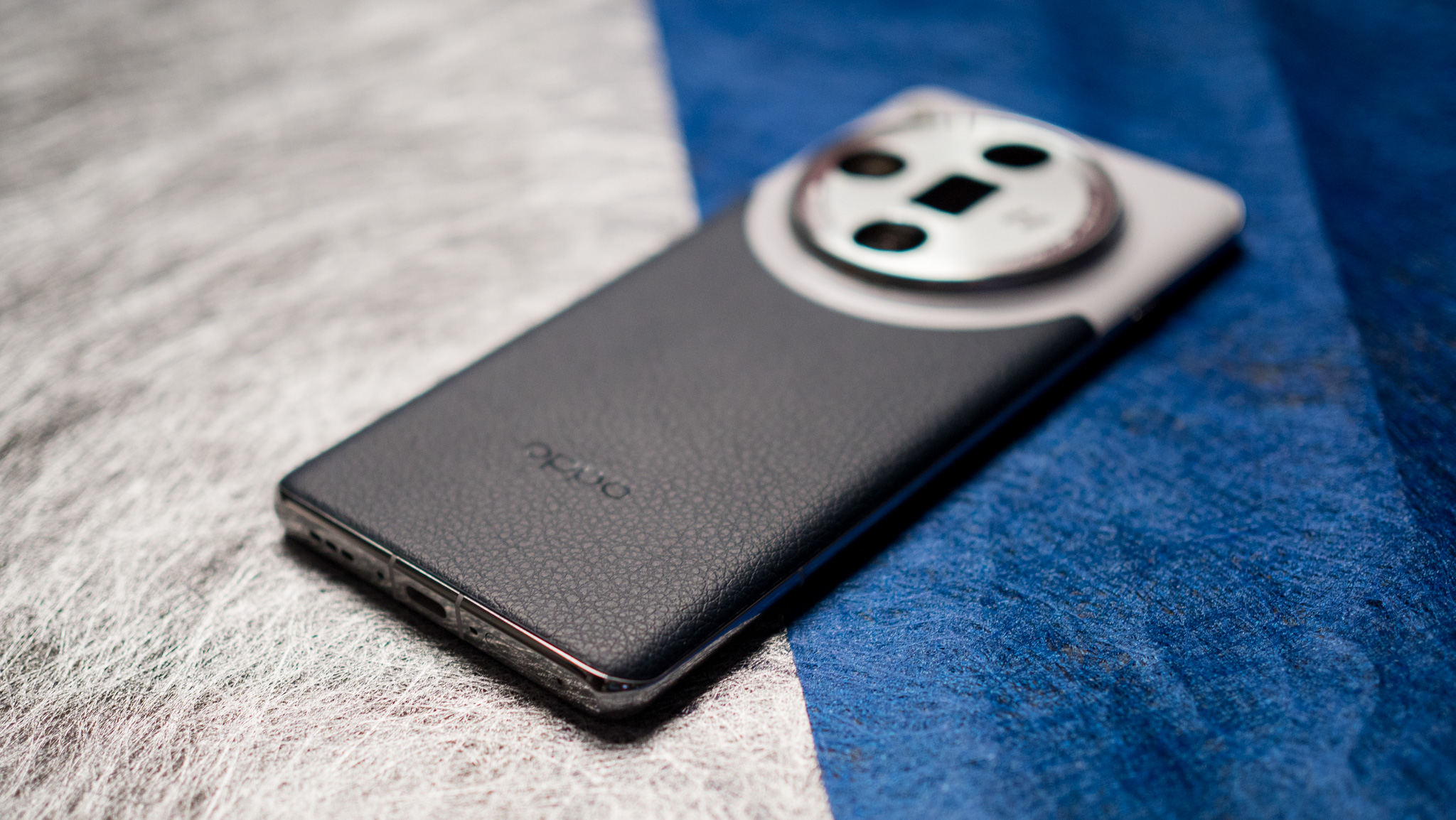
The effect is nothing short of gorgeous, and the Find X7 Ultra grabs attention like no other phone around. In the few instances I used the Find X7 Ultra outdoors, strangers came up to ask me about the phone — the only other device that got noticed anywhere as much was the iPhone 15 Pro Max.
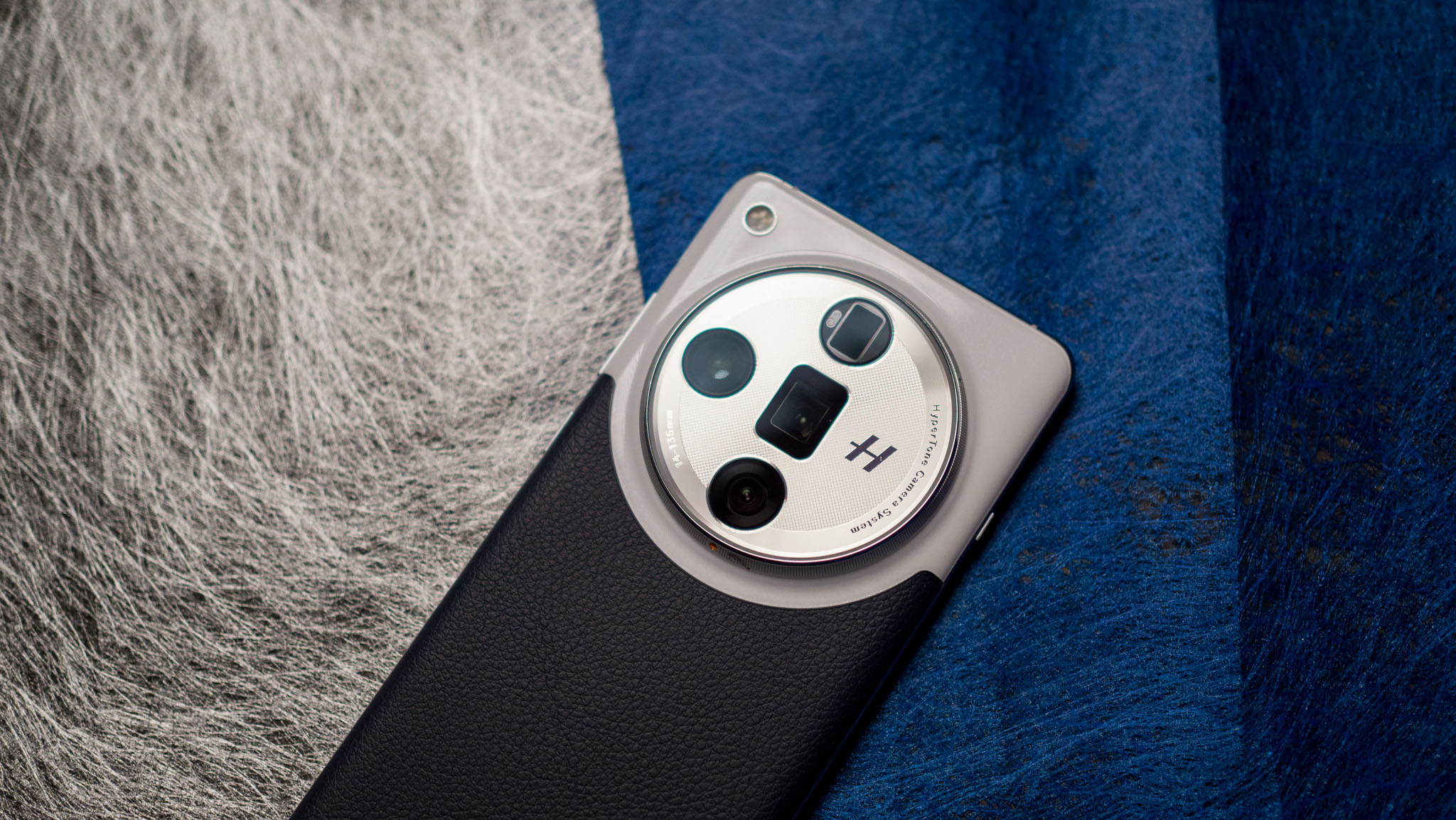
Anyway, a big part of the design is the oversized camera island; it is even larger than last year, and the grooved ring bordering the island along with the silver inlay makes the cameras stand out much more than previous generations. Because of the sheer size of the camera island, there is no wobble when using the phone on a table.
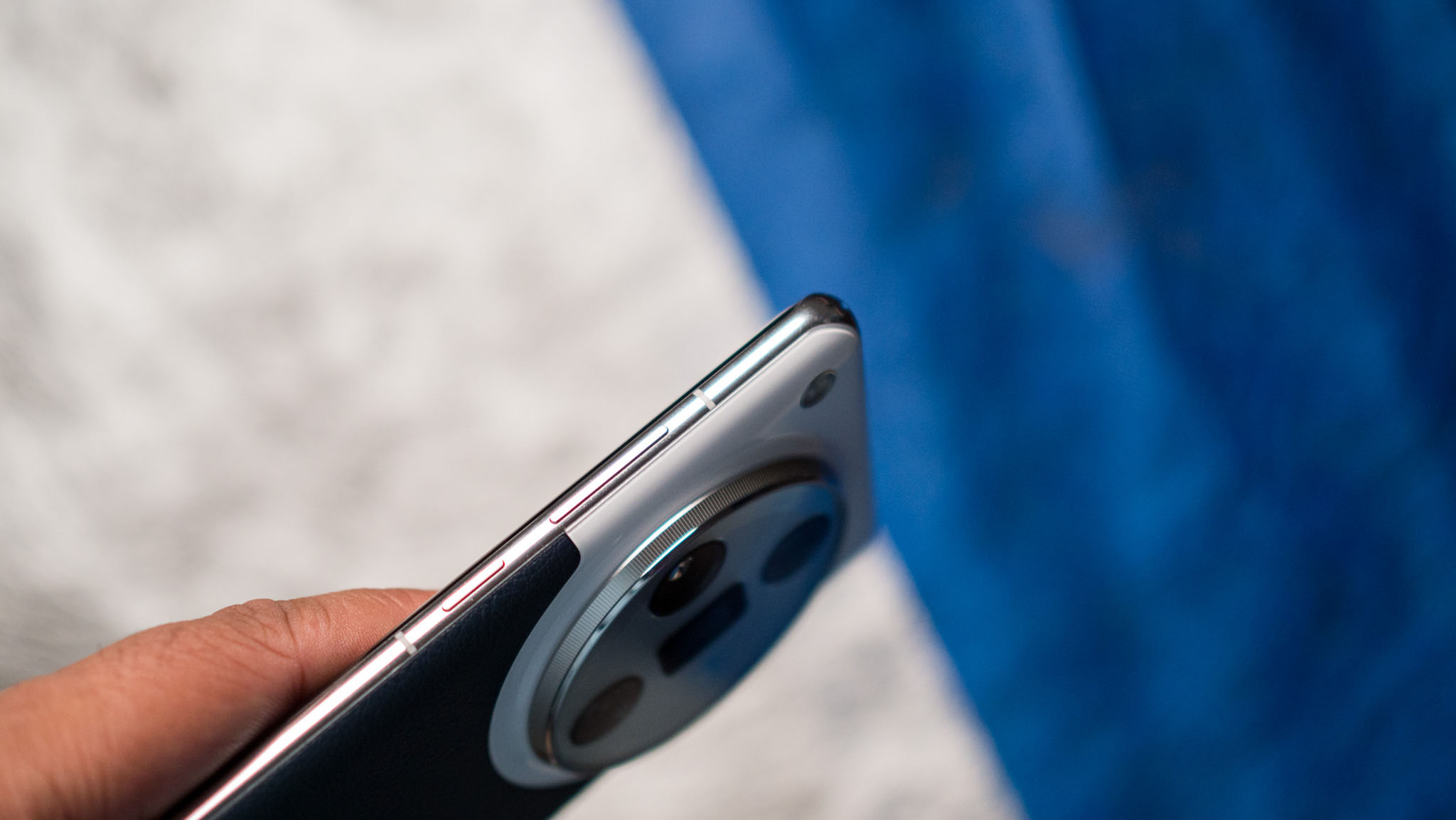
OPPO continues to use curvy designs; the Find X7 Ultra has symmetric curves at the front and back, and it makes using the device that much more enjoyable. The weight distribution is ideal, the leather back is a delight to hold, and the rounded edges and smooth curves means you get a great in-hand feel. At 221g, the phone isn't too heavy, and there's enough room on the sides to hold the device without any issues.
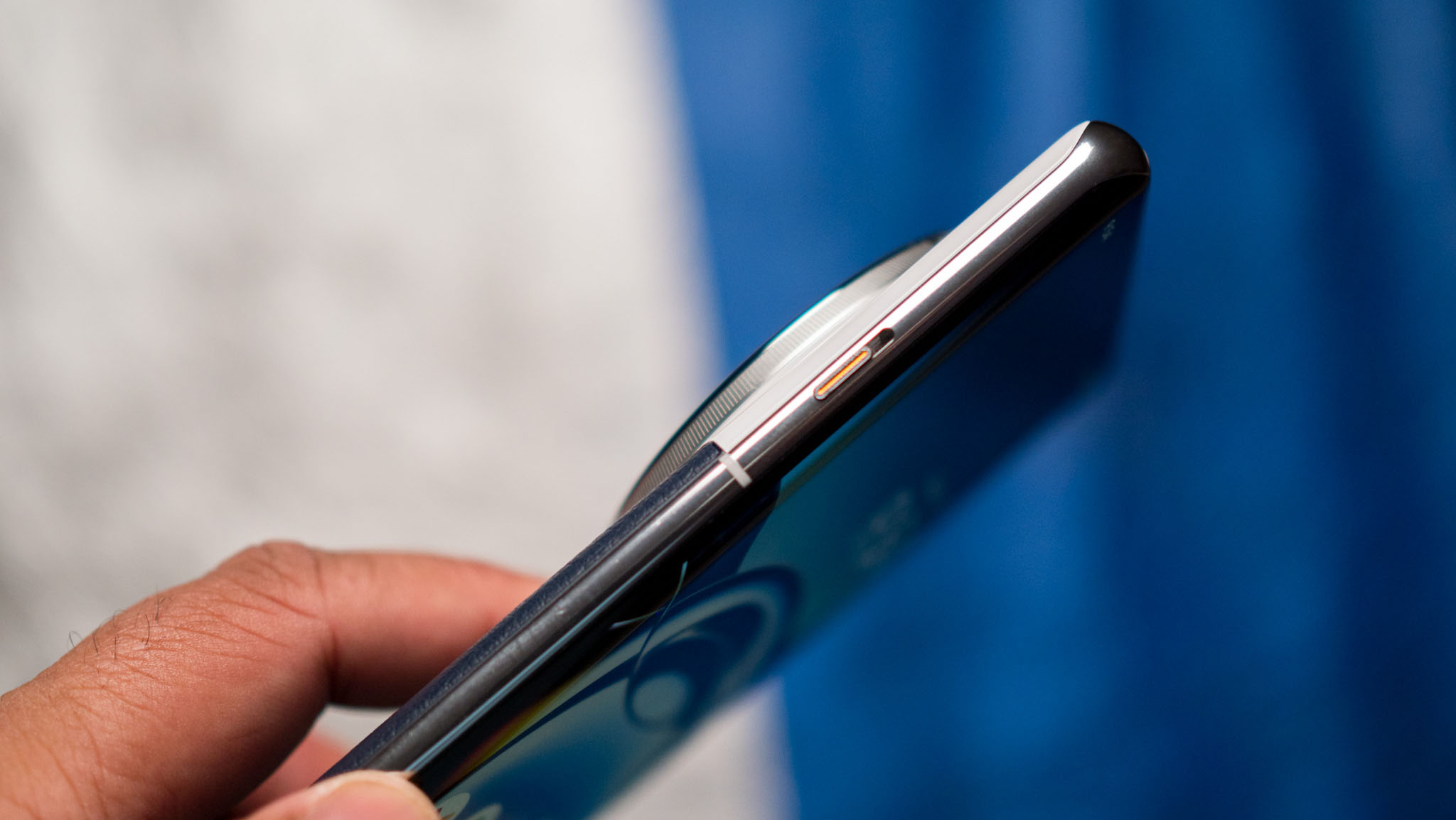
The power and volume buttons are on the right, and there's the alert slider to the left. I like that the alert slider is now on OPPO phones as well; I use it extensively on OnePlus devices, so it's good to see more devices getting the hardware toggle. That said, the usage is different; while you can still toggle between ring and vibrate modes by moving the slider, the position at the top now toggles a VIP mode, which turns off mic, camera, and location access. That's just one of the dozens of ways the Chinese build of ColorOS is different to the global model, but I'll cover those in the software section below.
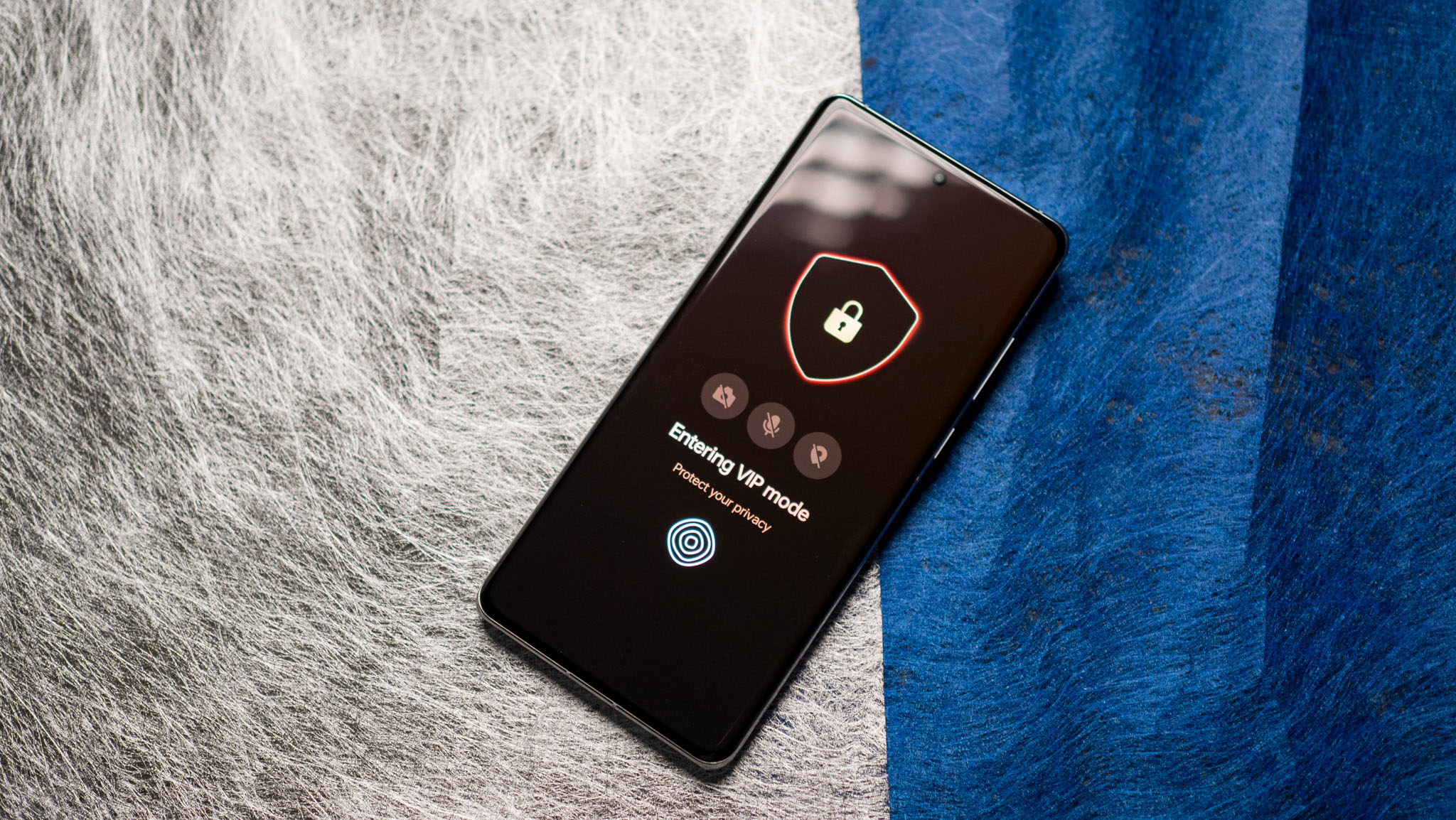
There's no titanium model of the Find X7 Ultra, but the phone uses an aluminum frame, and it feels just as premium as the Xiaomi 14 Ultra and Magic 6 Pro. And it gets IP68 ingress protection, giving it the same ability to withstand the elements as the best Android phones.
Overall, I like how OPPO iterated on the design of the Find X6 Pro to deliver what is the best-looking device of the year — it's a shame that the phone isn't available globally.
OPPO Find X7 Ultra: Display
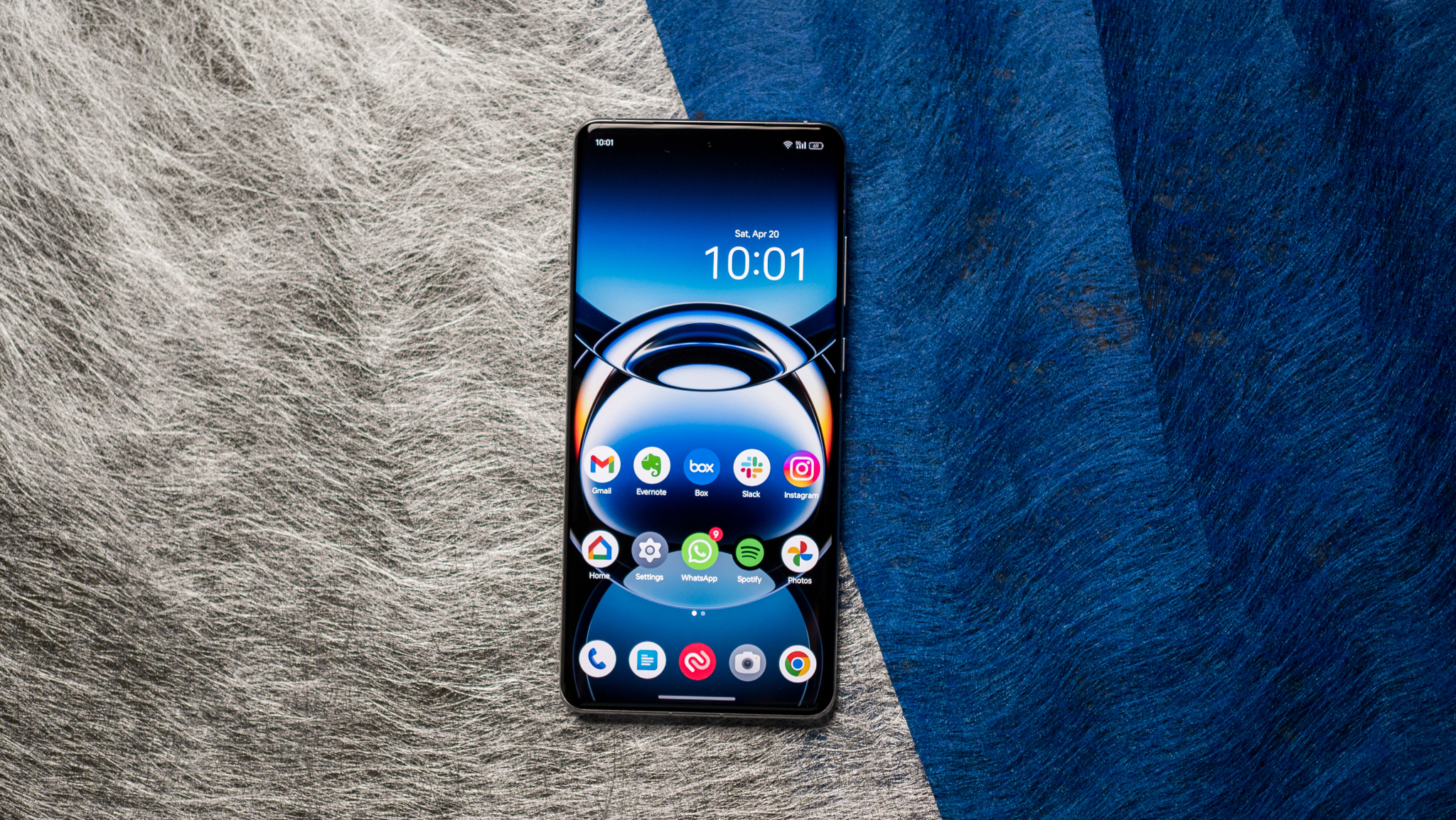
The Find X7 Ultra has a 6.82-inch AMOLED panel, and it goes up to 120Hz refresh. While that's all standard these days, what's unique about the device is how bright it is able to get: 1,600 nits in daily use, 2,600 nits in HBM mode, and 4,500 nits in HDR content. Like last year, there's a Gorilla Glass Victus 2 layer over the panel.
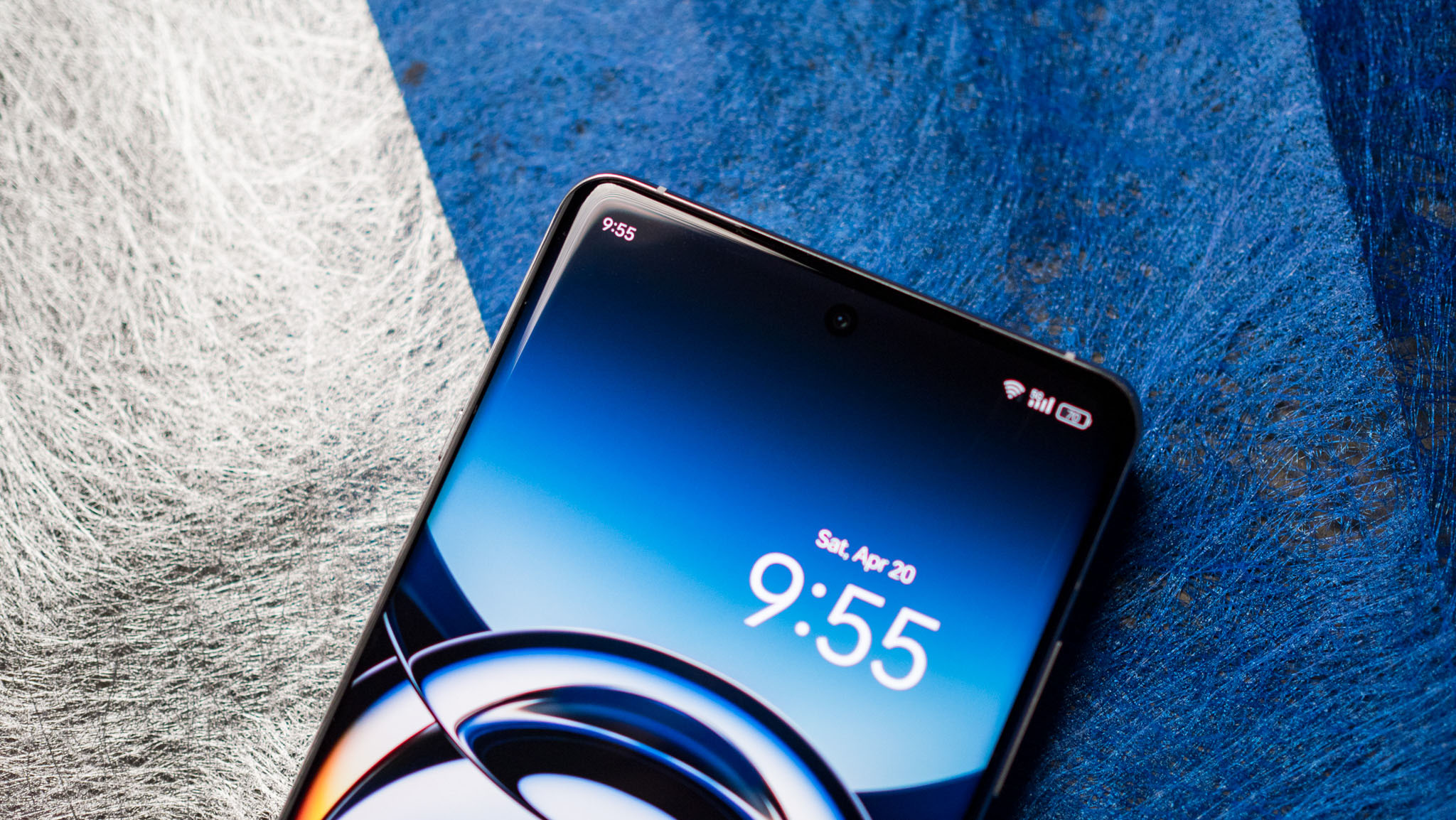
That said, I didn't see a noticeable difference between the phone and its rivals; if anything, the Xiaomi 14 Ultra and Vivo X100 Pro managed to get brighter in daily use. The Find X7 Ultra's differentiator is when viewing HDR content, and the phone holds up incredibly well in this regard.
Like most other high-end phones, the Find X7 Ultra gets LTPO tech, with the phone able to dynamically adjust refresh between 1Hz and 120Hz. You can manually adjust refresh between 60Hz and 120Hz, and the resolution can also be changed; it's set to FHD out of the box, but you can easily toggle QHD+ (3168 x 1440).
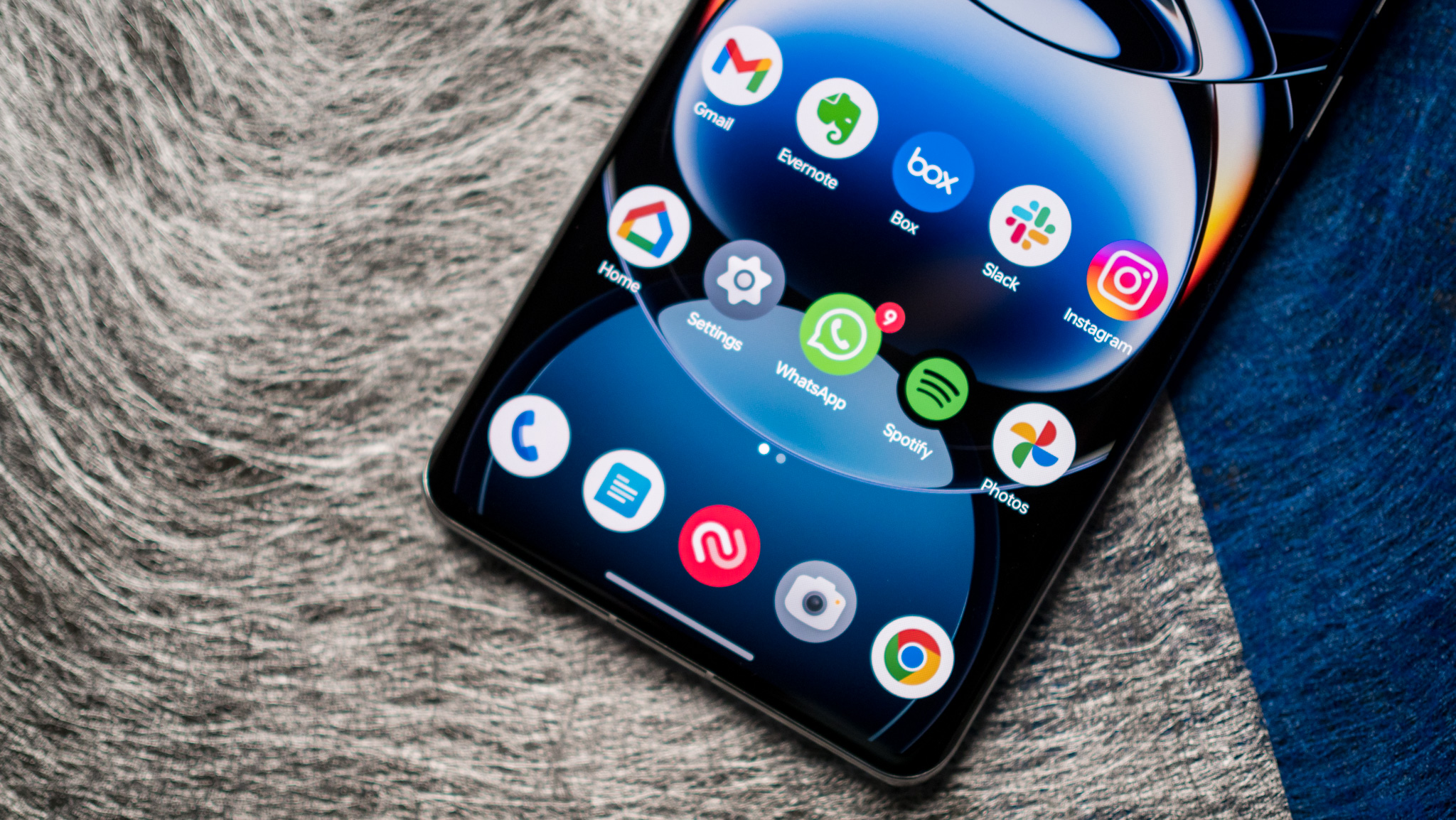
Colors are vibrant out of the box, and I had no issues in this area whatsoever. Contrast levels are similarly excellent, and you get a decent amount of configurability when it comes to adjusting the colors. In fact, the panel is identical to that of the OnePlus 12.
There's plenty of customizability when it comes to the always-on mode, and interestingly, you get a lot of extras that you don't see in the global ColorOS build. The in-screen reader is ideally positioned to use one-handed, and the bezels around the panel are thinner than last year.
OPPO Find X7 Ultra: Hardware
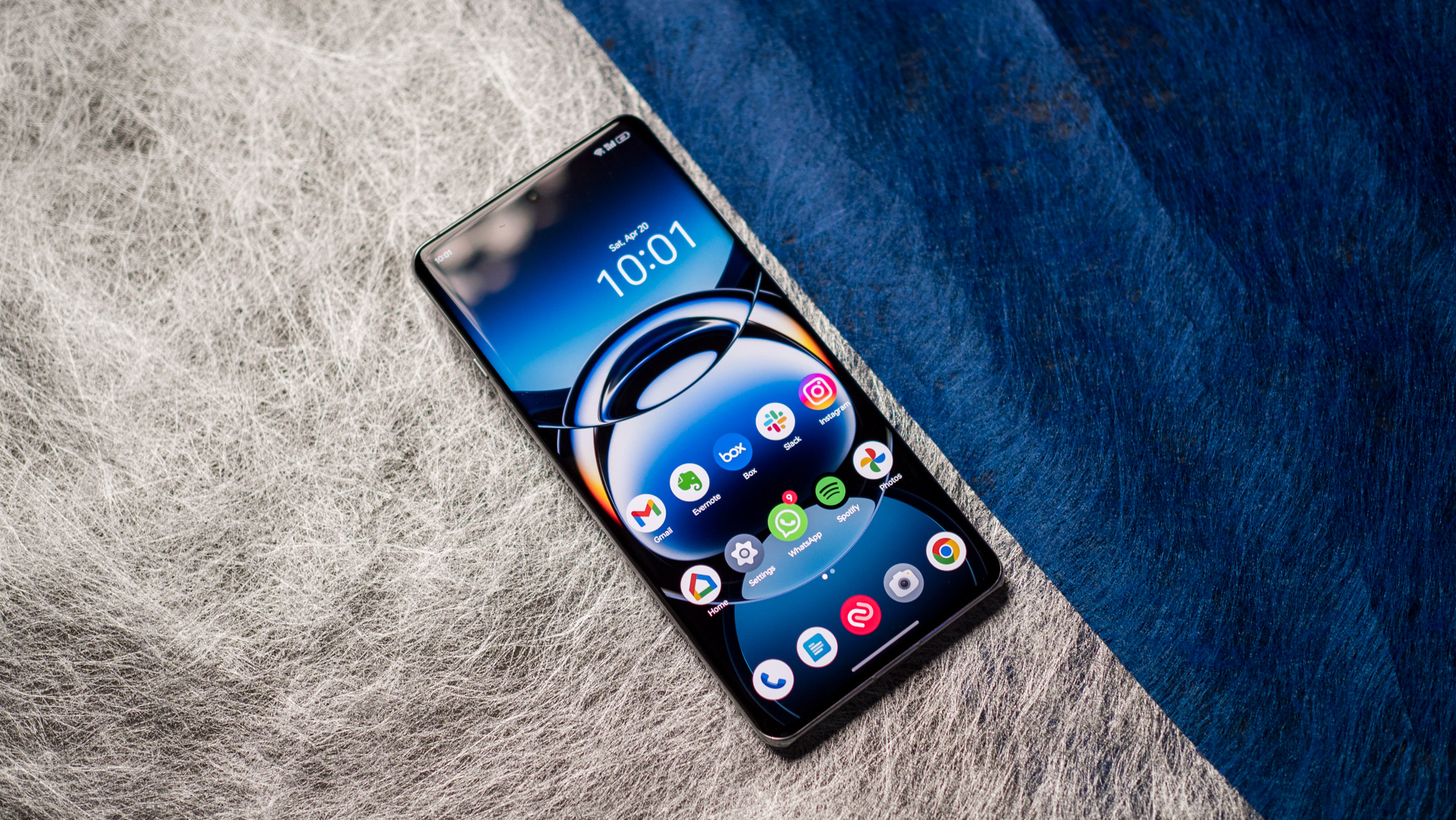
Most high-end phones have similar hardware, and there isn't much to differentiate devices in this regard. The Find X7 Ultra also uses the Snapdragon 8 Gen 3, and my unit has 16GB of RAM and 512GB of UFS 4.0 storage. I didn't see any problems relating to the hardware, and outside of software quibbles, the phone was fluid throughout.
Just like the OnePlus 12, the Find X7 Ultra posts conservative figures in synthetic workloads; it suggests an aggressive thermal limit, and in 3DMark's Solar Bay stress test, the phone got a stability score of 57%, much less than what its rivals managed. The phone went up to 48 degrees Celsius, so even though it gets hot, you don't really see the resultant gains in extended use.
That said, I didn't notice any lag while gaming — admittedly, I didn't play as many games on the phone, but in the few hour-long sessions I managed, I got stable framerates without any jitter. Also, there was no overheating in regular use.
The Find X7 Ultra has everything you need in terms of connectivity: there's Wi-Fi 7, Bluetooth 5.4, NFC, dual-band GPS, AptX HD codecs, LHDC, and a USB-C port that's based on the USB 3.2 standard. The vibration motor continues to be excellent, delivering granular feedback and extensive customizability.
OPPO Find X7 Ultra: Battery life
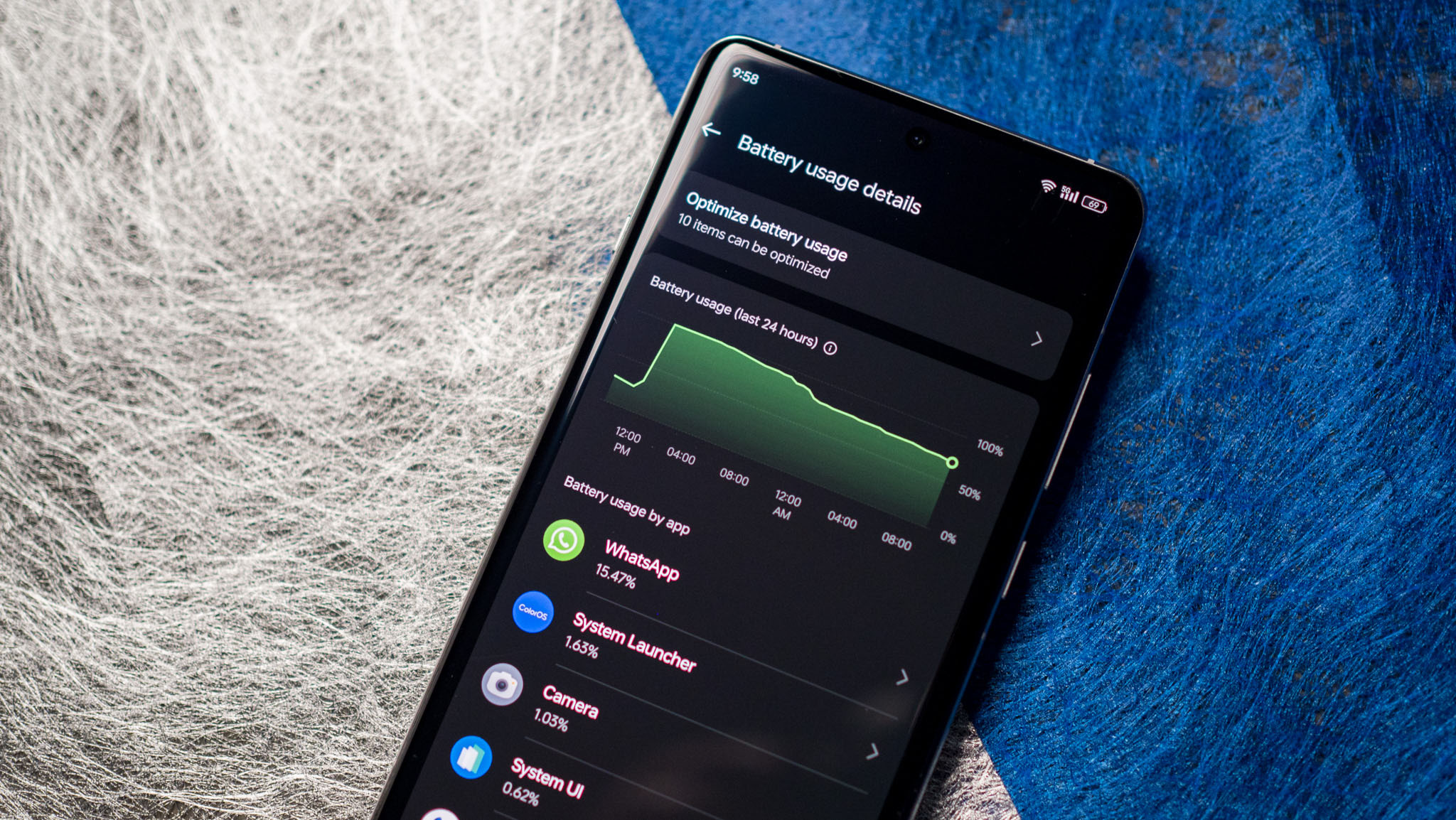
The Find X7 Ultra has a 5000mAh battery, and it has 100W charging tech, with a charger bundled in the box. The phone also has 50W wireless charging along with 10W reverse wireless charging, and honestly, I didn't bother with either. It takes just over 30 minutes to charge the battery, and in over a month of regular use, I didn't leave the Find X7 Ultra plugged in overnight even once — there's just no need to do so.
Anyway, battery life has been reliable throughout; I easily got over a day's worth of use consistently, and there is no battery anxiety whatsoever. The only point I'll note in this regard is that the battery doesn't last as long as the Magic 6 Pro, and that's not astonishing considering Honor's phone has a larger 5600mAh unit. That said, the Xiaomi 14 Ultra with the same 5000mAh battery manages to last longer, and it doesn't have memory management that's anywhere as aggressive.
OPPO Find X7 Ultra: Cameras
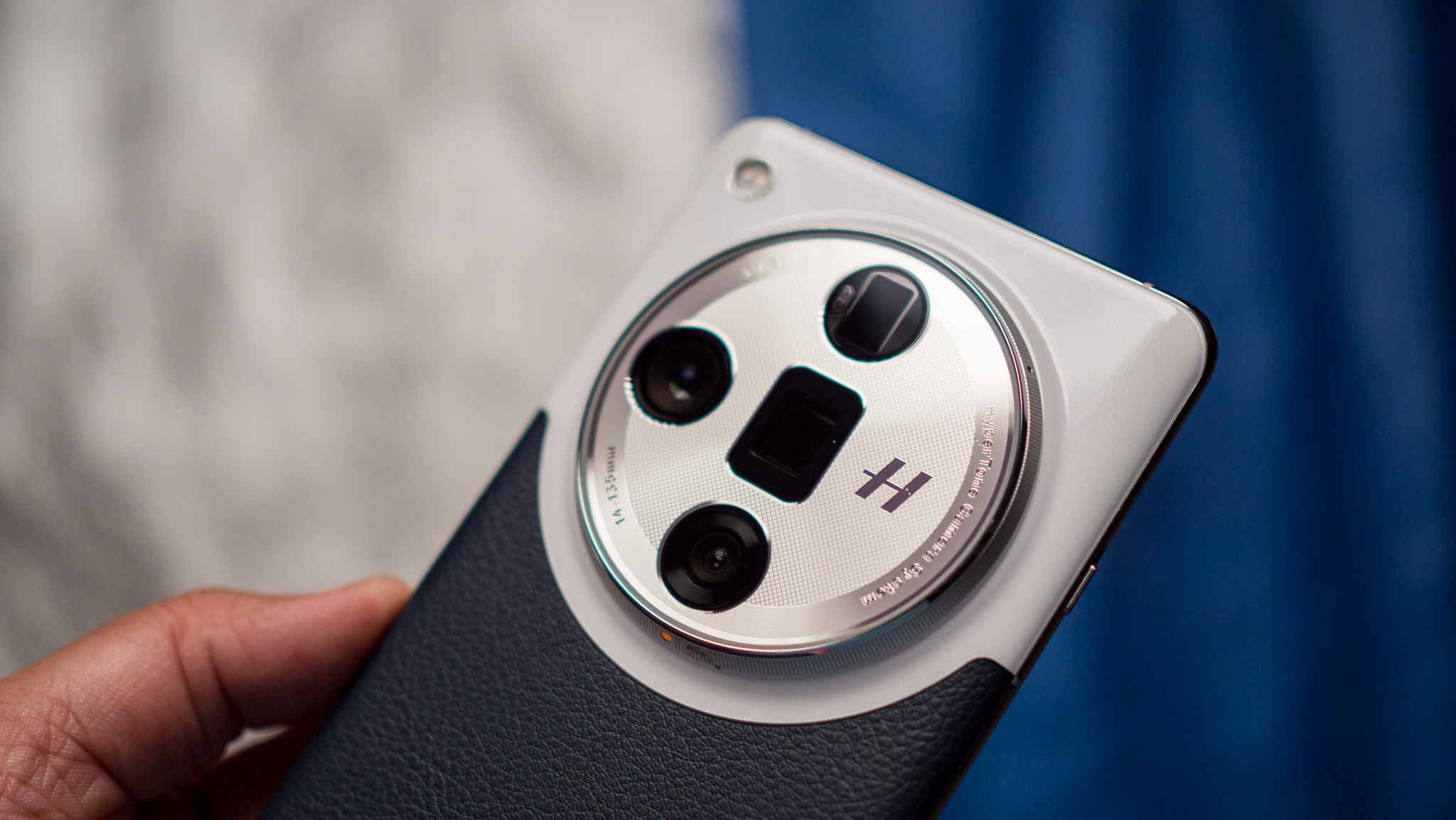
OPPO always fielded decent cameras on its phones, but the Find X7 Ultra takes things to a whole new level. The phone has four 50MP cameras at the back — just like the Xiaomi 14 Ultra — with a primary f/1.8 1-inch Sony LYT-900 module that's joined by an f/2.0 wide-angle lens based on Sony's LYT-600, an f/2.6 telephoto that uses the Sony IMX890 going up to 3x optical zoom, and a secondary f/4.3 telephoto based on the Sony IMX858 that hits 6x.
Outside of the wide-angle lens, all other cameras has dedicated OIS lenses. There's a 32MP camera at the front, and it does a decent job with selfies. The camera interface hasn't changed, and you get the same orange accents and leaf shutter sound that's standard on all phones with Hasselblad integration.
There's a new Master mode that has custom effects, and the Pro mode is bundled into this section. All four lenses can shoot 4K video at 60fps, and video recording in general is much better than previous models. Low-light videos in particular are terrific, and you get the ability to shoot in Dolby Vision with all the lenses, and it has better dynamic range throughout.



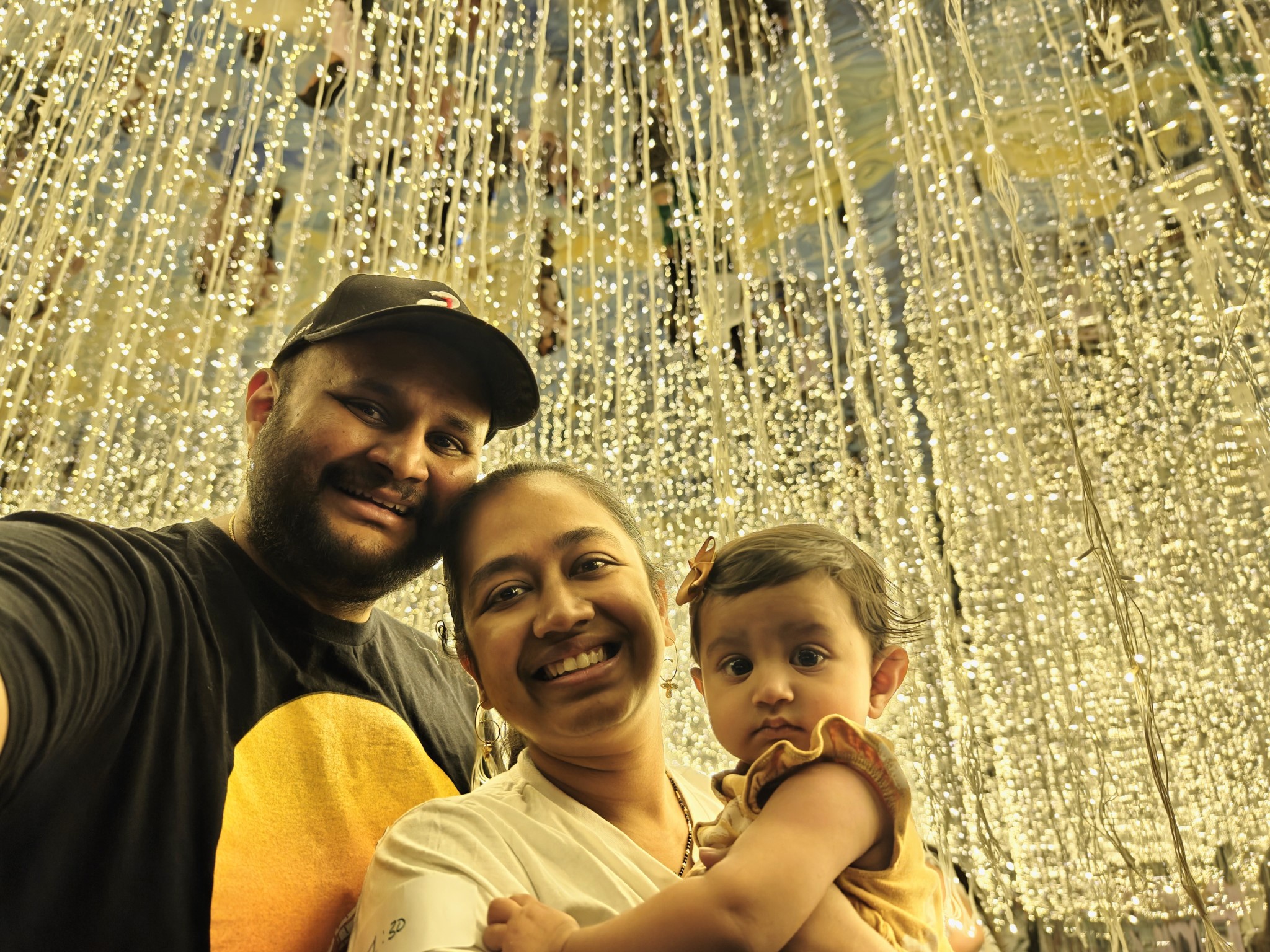
Photos taken with the main camera are outstanding. There is plenty of detail, vibrancy, and dynamic range, and you don't get any artifacting with foliage or clouds. The main camera also shoots at 2x, and shots are similarly detailed. But it's the telephoto shots that are noteworthy — the Find x7 Ultra produces standout shots at 3x and 6x, and you get usable shots up to 10x.




The phone holds its own in low-light scenarios, delivering shots with excellent detail, accurate colors, and minimal noise levels. The 3x and 6x lenses do a great job in challenging situations, and while the wide-angle lens isn't quite as good as the main camera, it is still better than what you get on most phones.


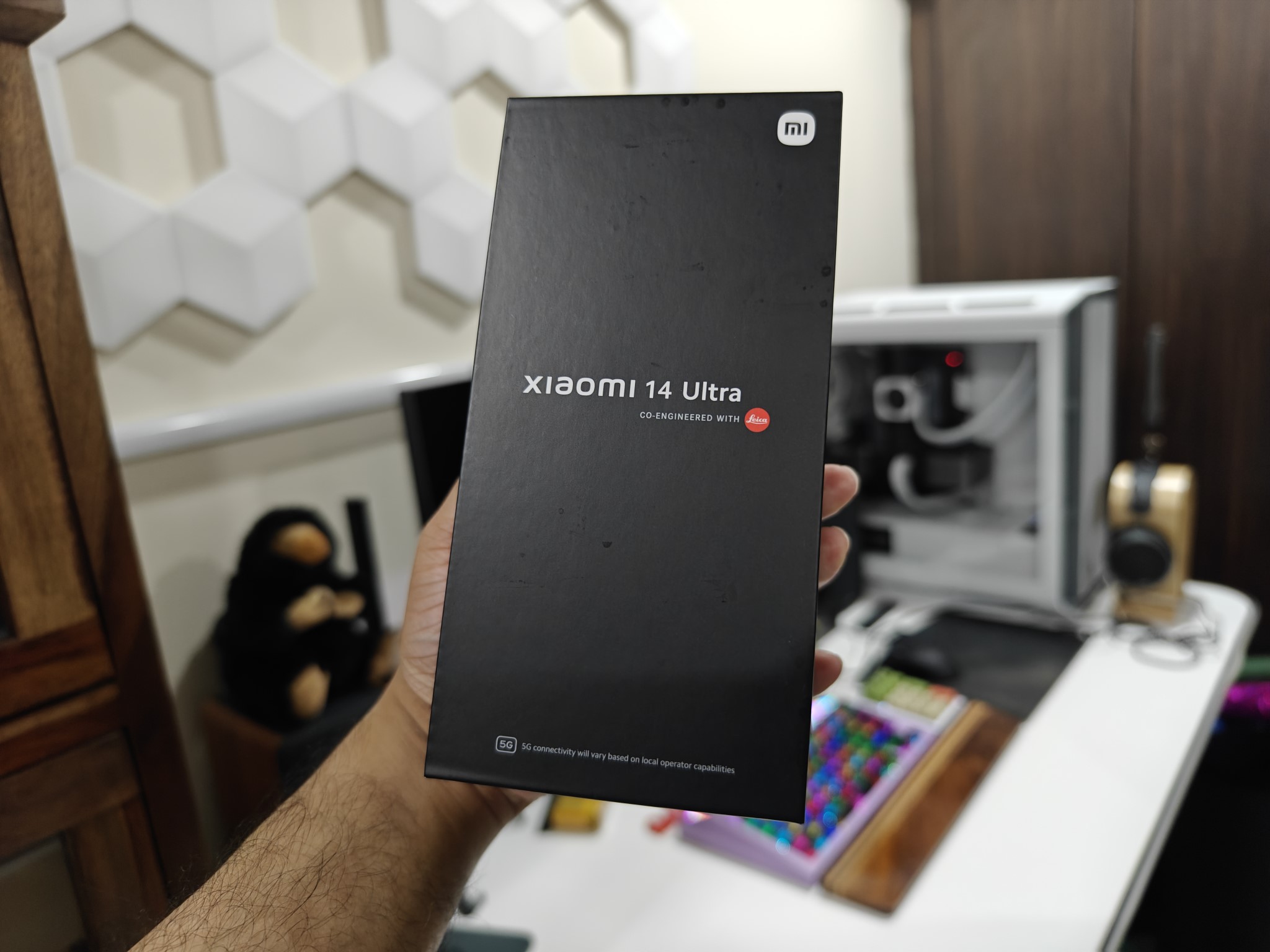
But it's the portrait shots that are truly outstanding; the phone automatically uses the 3x lens to take portraits, but you can use the 6x and the main camera as well. There's detailed background segmentation and good rendition of detail, and you can adjust the intensity of the background blur.
On the whole, the Find X7 Ultra is a fantastic package, and I prefer its color balance to that of the Xiaomi 14 Ultra in a few scenarios. It outshines the Magic 6 Pro, and is in a different league altogether against the likes of the Galaxy S24 Ultra and iPhone 15 Pro Max — it is one of the best camera phones available today.
OPPO Find X7 Ultra: Software
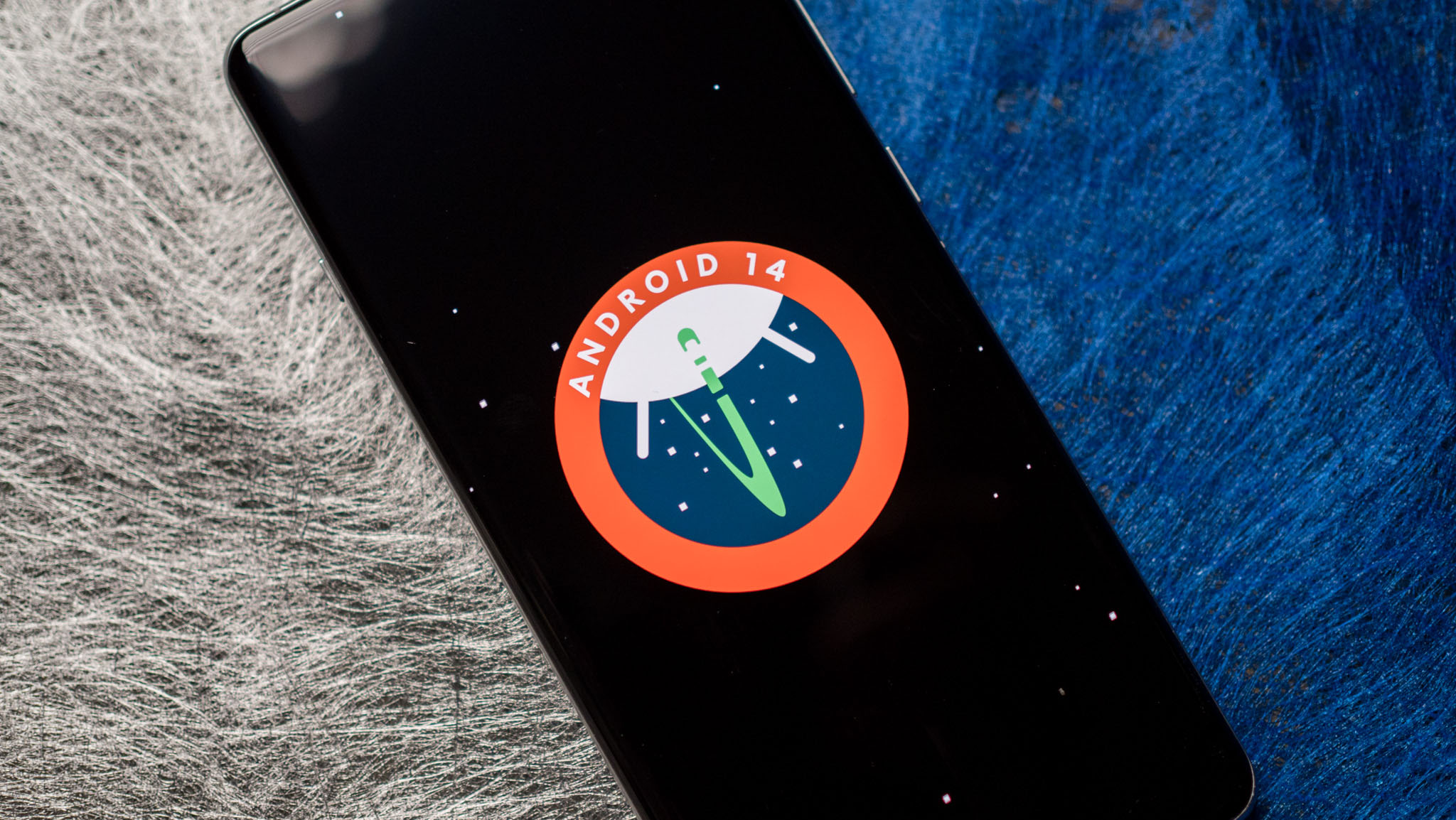
The Find X7 Ultra runs ColorOS 14, and although it is based on Android 14, it is very different to the global build. As the phone is only available in China, there are a lot of unique features that you don't get in other regions, and honestly, setting up the phone the way I wanted was a challenge.
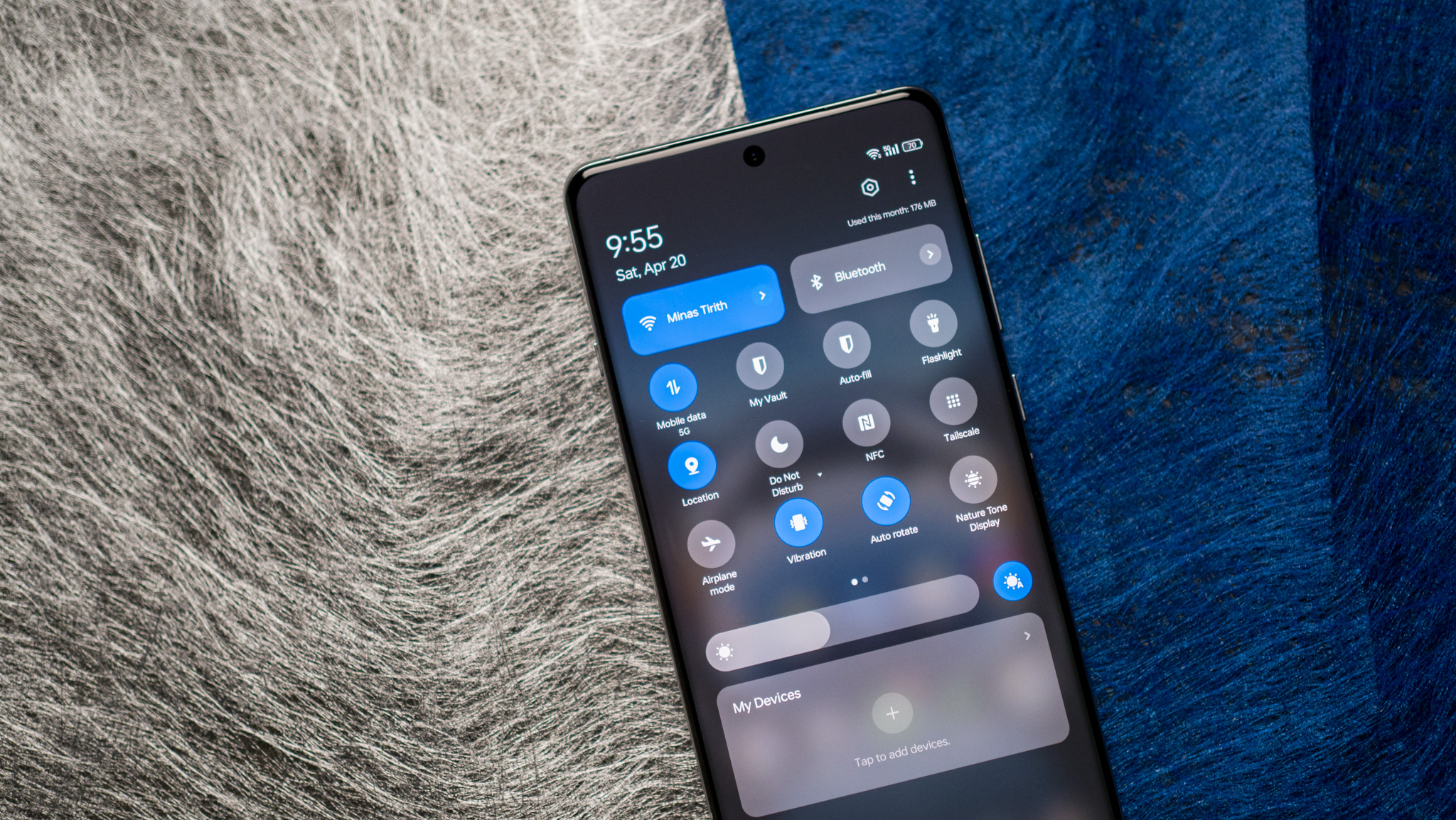
Installing the Play Store was straightforward enough, but the Chinese ColorOS build does things very differently when it comes to permission management and notification access. So when I had to configure Google Pay, it wouldn't allow me to use SMS Organizer — my preferred SMS client — and would only send an SMS if the default Messages service was used.
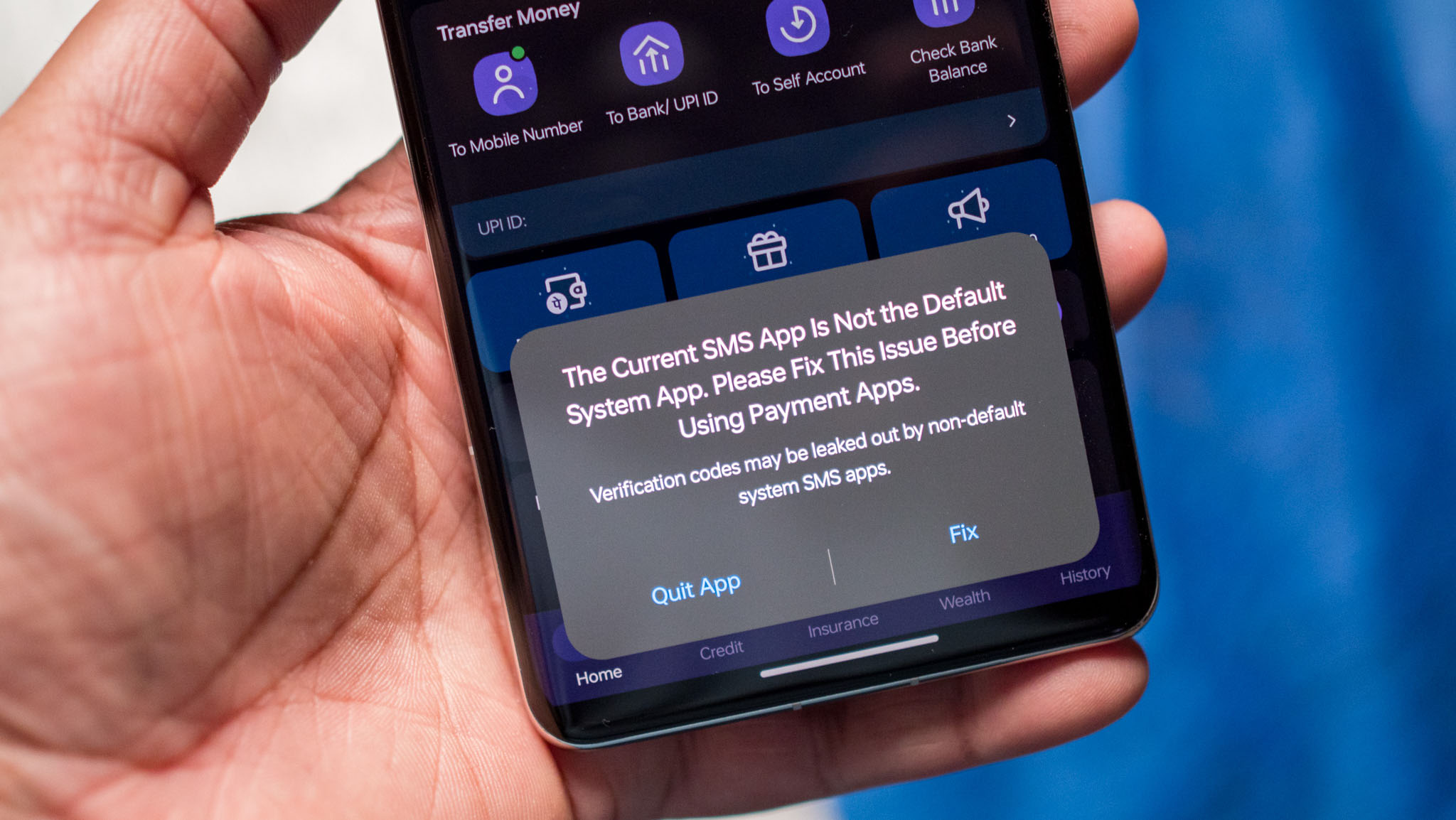
After switching over, I had to then enter the password for my ColorOS account to send an authorization text; most Android phones do this behind the scenes, and having to enter a password to send a verification text is more restrictive than even iOS. Talking about restrictive features, using Bitwarden on the Find X7 Ultra continues to be an exercise in futility; even after enabling the autofill feature and giving the password manager the requisite access, the autofill service just wouldn't load, and every time, I had to go into the vault and manually grab the password.
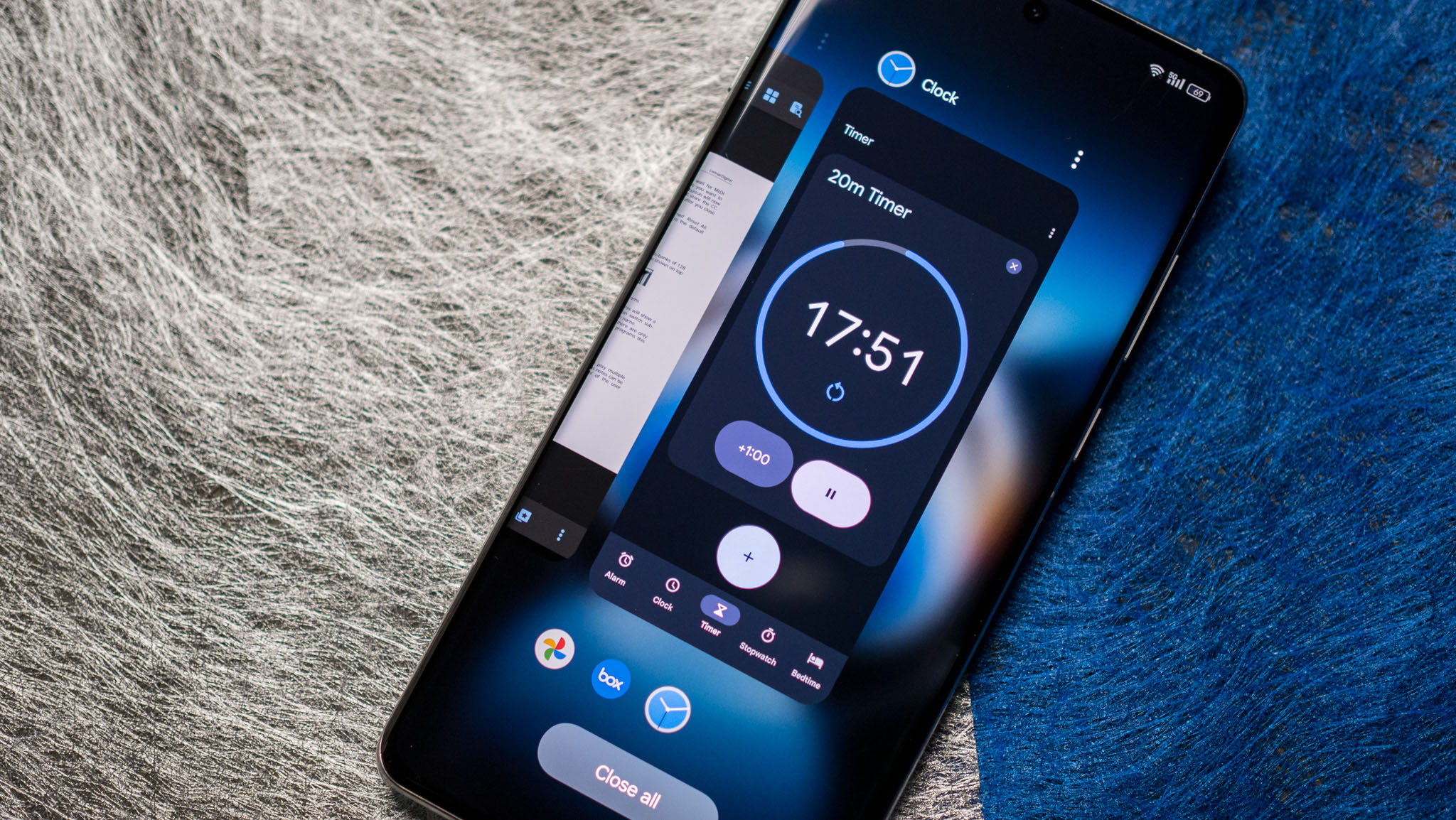
I didn't have issues with notifications for the most part, but I had to manually whitelist apps and allow lock screen notifications to get push alerts, and memory management is more aggressive than the global build of ColorOS. I use DND mode throughout the day so as not to be bothered by notifications, but I whitelist all calls (I get a lot of packages). However, that didn't work in this instance, and whenever I set DND, calls would be silenced regardless of what I configured in the settings.
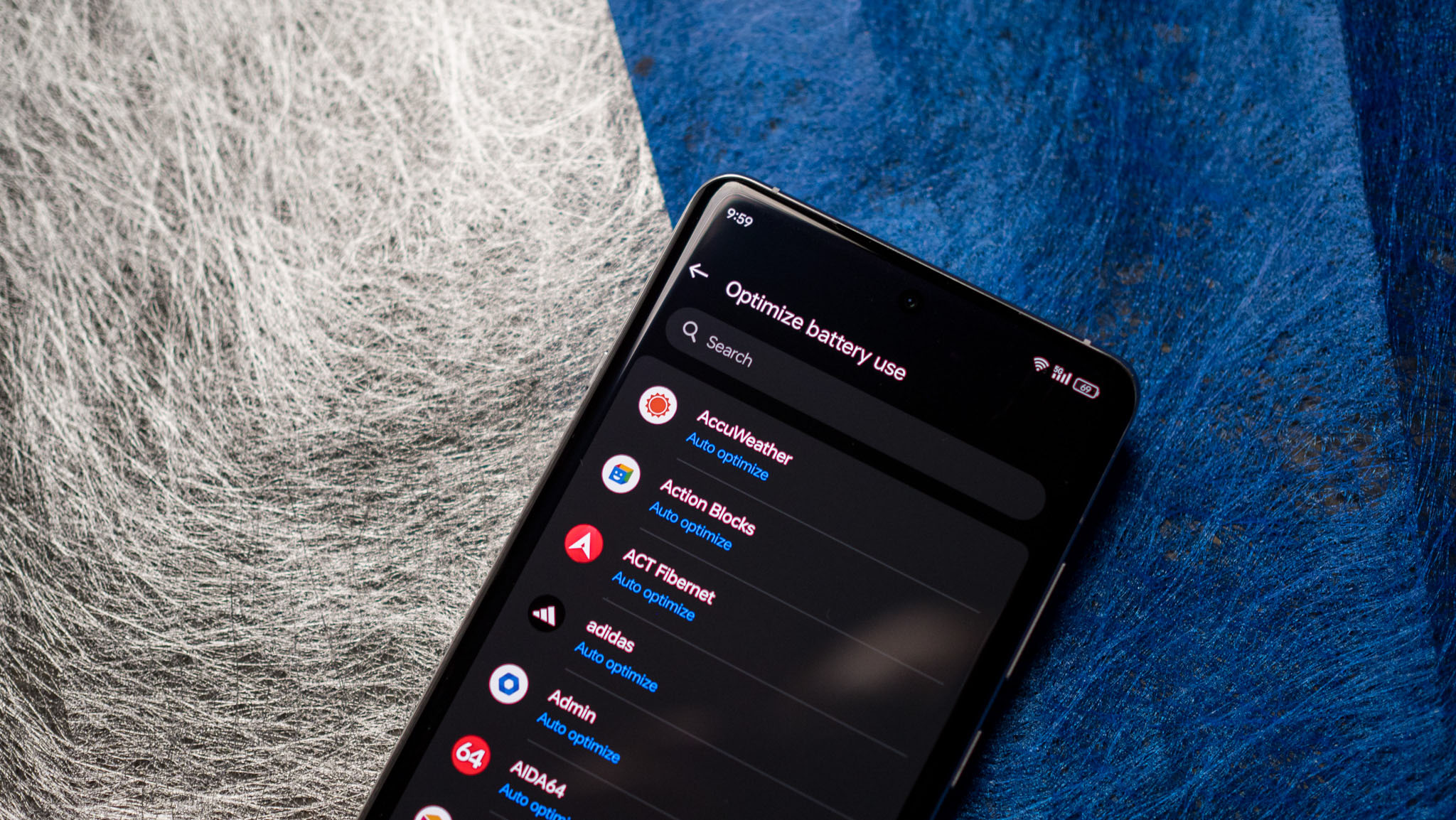
OPPO phones in the past had an annoying habit where they would use a hard-coded Google DNS configuration, so even if you use a custom DNS with your router (like I do), it wouldn't recognize that. Thankfully, that isn't the case on the Find X7 Ultra, but there were instances where it would randomly route to Google DNS intermittently.
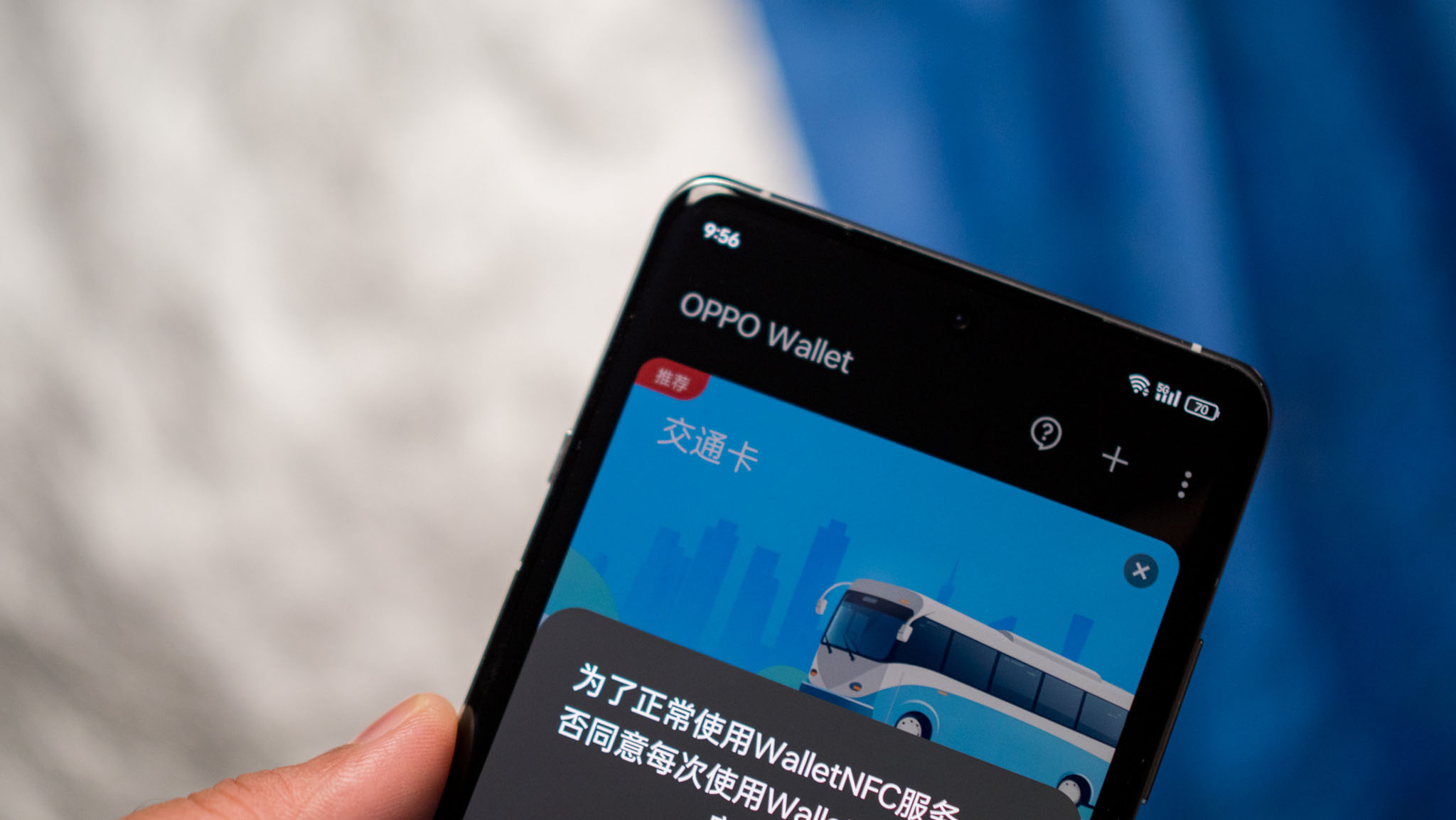
You don't get Google Assistant either, with the phone featuring the brand's Breeno assistant instead. The app drawer and notification pane are standard, but you don't get as many custom widgets. What's annoying is that there is much more bloatware pre-installed than on the global build, but it can be easily uninstalled.
What I like is just how many updates the phone has gotten over the last three months; I count at least four updates with stability tweaks, camera tuning enhancements, and feature additions that have made their way to the device, and you just don't get this level of frequency on the global ColorOS build.
On that note, the Find X7 Ultra will get four platform updates and five years of security updates, and going by the way it is picking up monthly updates, it should get the stable Android 15 well ahead of the global build.
That said, given the number of things to tweak, I wouldn't recommend buying the phone unless you've used ColorOS extensively in the past and know how to get the most out of the interface. There are just too many changes to the global version, and it isn't worth the effort to tame the interface to your preferences.
OPPO Find X7 Ultra: The alternatives
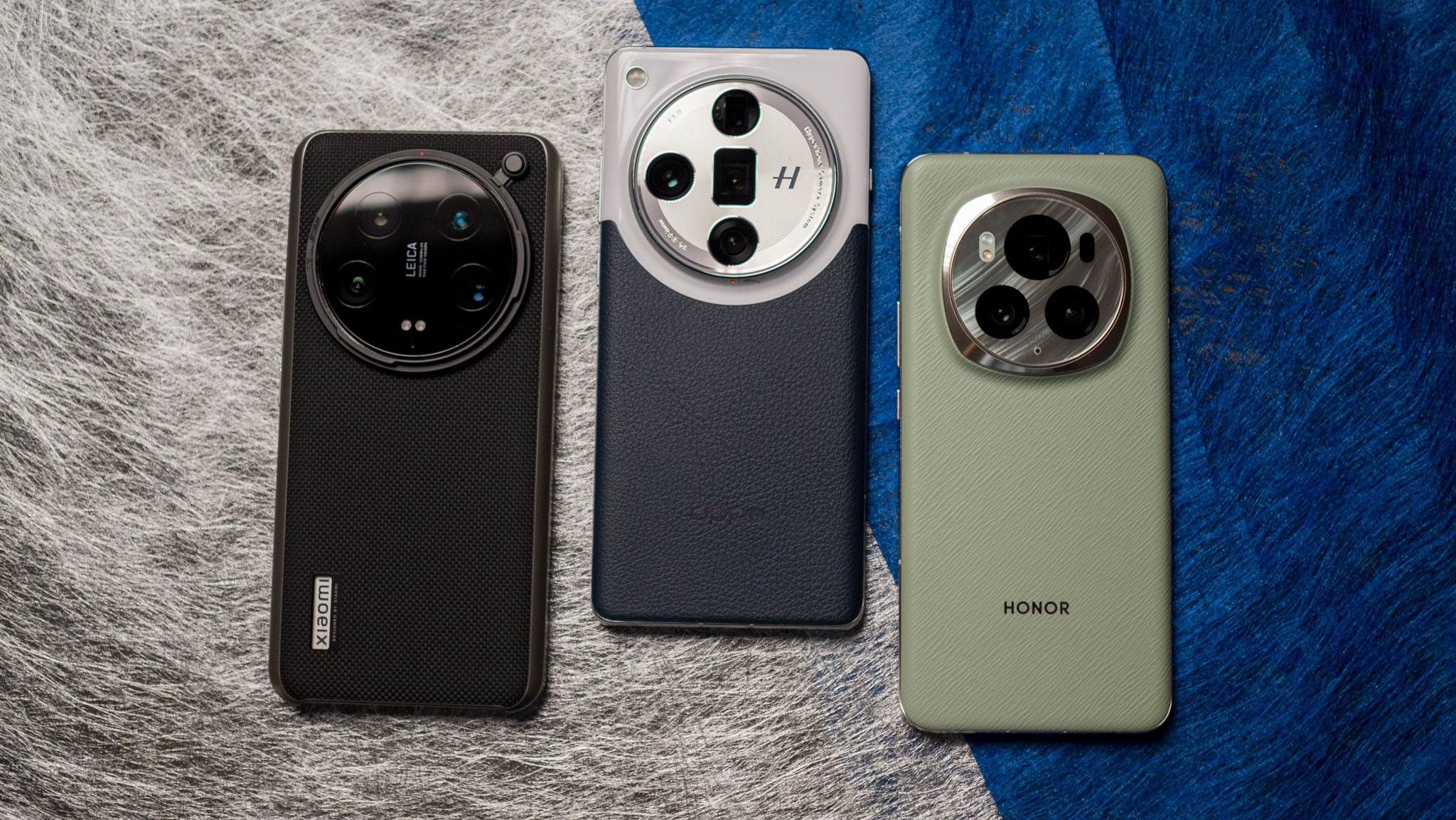
The Xiaomi 14 Ultra is the closest rival to the Find X7 Ultra, with Xiaomi also offering a strong camera package with outstanding auxiliary lenses. There isn't much to differentiate either device in this area, and both phones deliver outstanding photos and videos in any scenario. That said, the Xiaomi 14 Ultra is available outside China, and you get the Play Store and a fluid interface that's considerably easier to use.
Honor's Magic 6 Pro is another device that nails the basics. It has a gorgeous design, the cameras hold their own against the Find X7 Ultra, and while I prefer OPPO's tuning, the Magic 6 Pro isn't far behind. And just like the Xiaomi 14 Ultra, you can buy the Magic 6 Pro outside China, although it isn't available in quite as many markets.
OPPO Find X7 Ultra: Should you buy it?
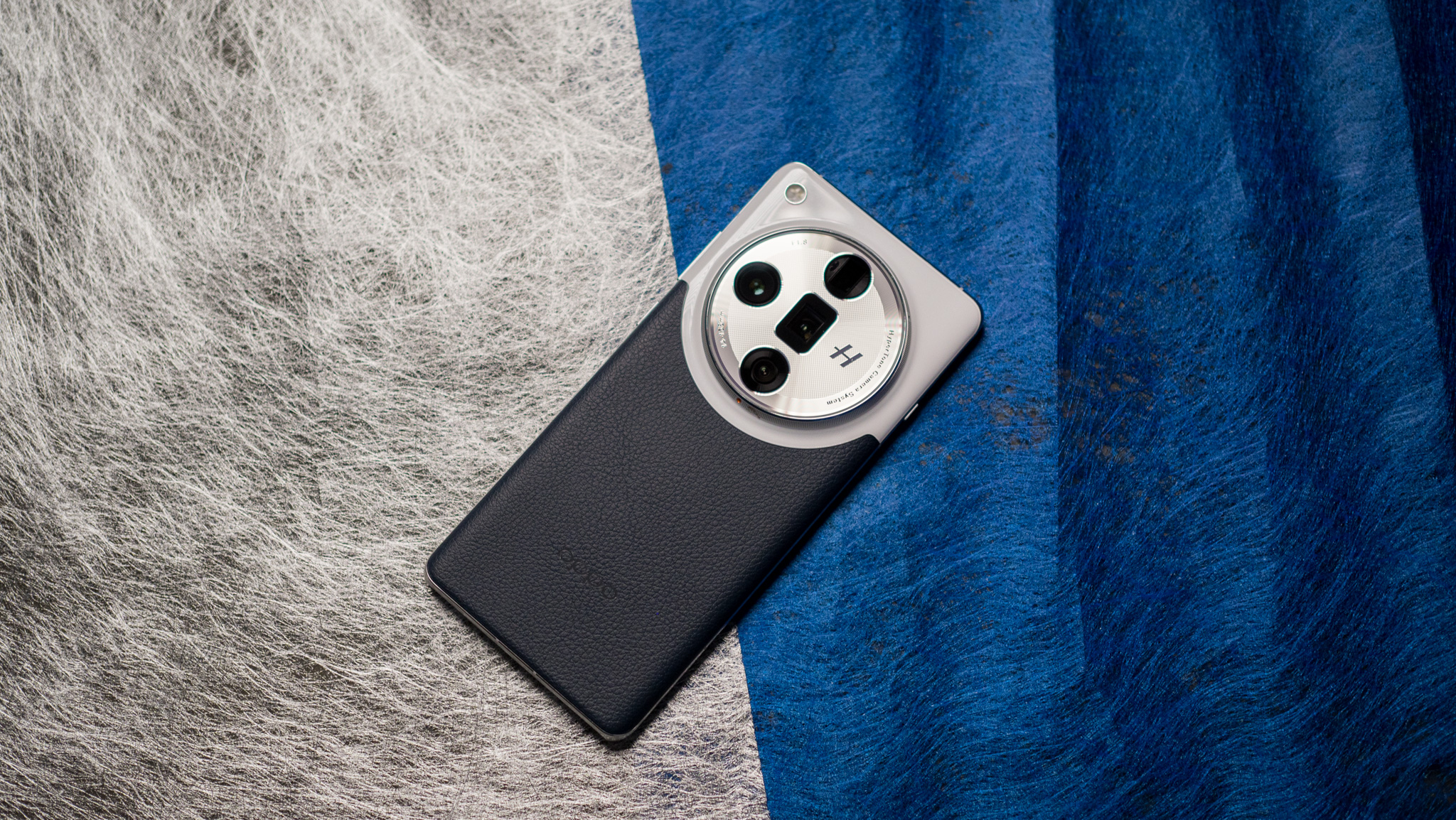
You should buy this if:
- You want one of the best camera packages of 2024
- You need a phone with a gorgeous design
- You want a vibrant 120Hz AMOLED panel that gets bright
- You need the best hardware available today
You shouldn't buy this if:
- You need software that's easy to use
- You want official warranty
I used all the launches in the Find X series up to this point, and the Find X7 Ultra has significant upgrades across the board. The screen is noticeably brighter than its predecessor, I love the two-tone design, and the leather texture combined with the frosted glass finish around the camera island gives the phone a level of refinement that you just don't get elsewhere.
And there's the camera island itself; the large housing is designed to grab attention, and the phone as a whole has a distinctive design and a comfortable in-hand feel. I have no problems when it comes to the hardware, and while a 1TB version would have been nice, it's not a huge omission. In a similar vein, the battery life has been reliable, and while the device doesn't last quite as long as its rivals, I still got over a day's worth of use easily.
But it's the cameras that are the star of the show; the quartet of 50MP cameras takes magnificent photos and videos, and the portrait shots in particular rivaled that of my mirrorless camera — and that's a sizeable achievement. It's because of the cameras that I stuck with the irritating software, and alongside the Xiaomi 14 Ultra, the Find X7 Ultra is one of my favorite camera packages of 2024.
OPPO launched the Find X5 Pro globally, but it chose to limit the Find X6 Pro and the Find X7 Ultra to China. Thankfully, that policy is changing soon; upcoming Find phones will debut globally, and that's down to OPPO finally settling its lawsuit with Nokia. So even though the Find X7 Ultra isn't available outside China, there is reason to be excited.







